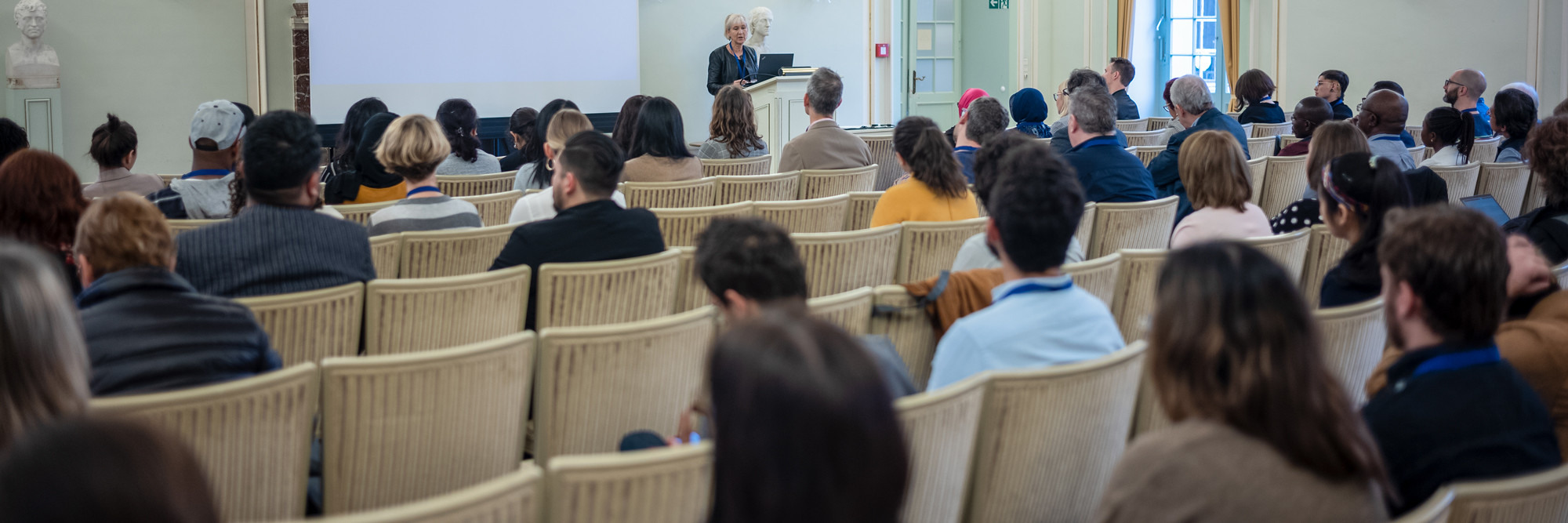At its core, the Network investigates media as forms of “between-ness”—the structures that enable humans to connect beyond the limits of immediacy and proximity. Media bridge distance and duration, transmitting meaning across generations and geographies. From cave paintings and typography to radio, television, and digital platforms, these technologies of mediation have continually reshaped how we perceive and participate in the world.
Our inquiries extend across multiple disciplines—communication, cultural studies, sociology, information science, education, art, and design—reflecting the pervasive influence of media in every domain of human life. The Network encourages dialogue among theorists and practitioners alike, supporting both conceptual and applied approaches to understanding contemporary communication.
Through its conferences, journals, and books, the Network seeks to understand how evolving media forms reconfigure knowledge, identity, and power—and how, in turn, communication defines who we are and what we can become.
